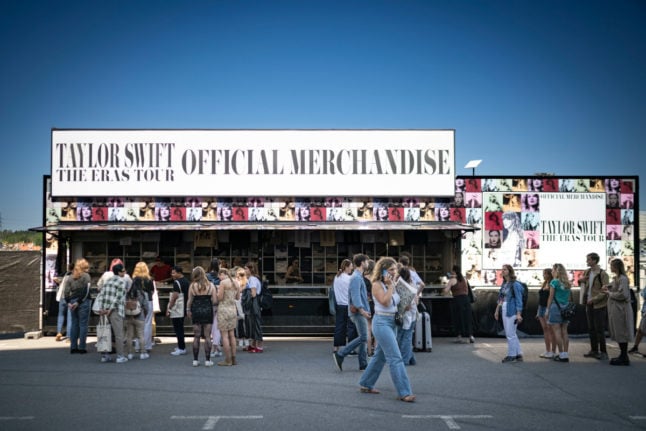Across the pond, Wall Street stocks slid, however, as its rally on rate cuts ran out of steam, while oil prices fell on demand concerns amid ample US stocks.
London’s FTSE 100 index forged an all-time peak at 8,364.04 points on the eve of a monetary policy decision from the Bank of England, which is forecast to hold rates but could flag a summer reduction.
Frankfurt and Paris stocks also pushed higher, shrugging off Asian losses, boosted by speculation that the European Central Bank could also decide to cut rates soon.
Sweden’s central bank cut its key interest rate for the first time in eight years on Wednesday, citing easing inflation and hinting at two more reductions before year-end.
The move comes almost two months after the Swiss National Bank became the first major Western central bank to lower its rates following hikes across Europe and the United States aimed at taming rising consumer prices following the Covid-19 pandemic and the Russian invasion of Ukraine.
The US Federal Reserve, however, is not expected to cut rates before September following an uptick in inflation in the world’s biggest economy.
“European stocks are rising on optimism that borrowing costs will soon be lowered,” City Index analyst Fiona Cincotta told AFP, noting that Frankfurt’s DAX was also near its record.
“The BoE is expected to leave rates unchanged but could start to pave the way for a rate cut in the coming months.”
The prospect of lower interest rates tends to boost stock markets because it cuts borrowing costs for individuals and businesses, thereby lifting both consumer spending and investment.
“A lower interest rate environment is good news for households and businesses alike,” concluded Cincotta.
In Asia, major markets fell as dealers paused for breath, with Hong Kong falling for a second straight day after a 10-day winning streak.
Oil prices fell amid demand concerns and ample stocks.
David Morrison, senior market analyst at Trade Nation, said dropping crude prices were a reflection of a delay to cuts in US interest rates until the autumn.
“This means that the US economy won’t feel the stimulative benefits of significant rate cuts this year, and that should weigh on demand for crude,” he said.



 Please whitelist us to continue reading.
Please whitelist us to continue reading.
Member comments